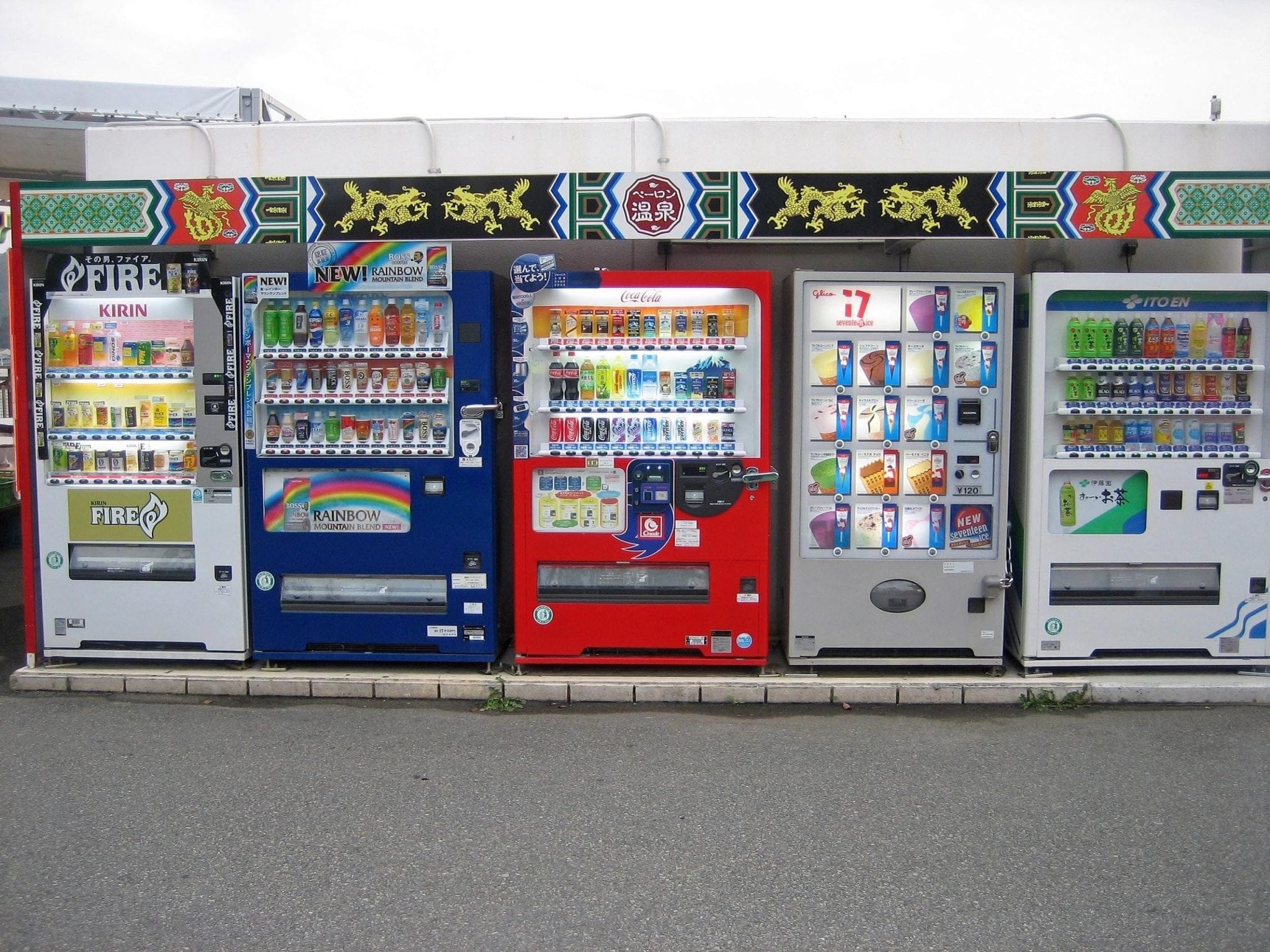In 2013, scientists from Oxford University conducted research on this topic. For the experiment, more than 700 professions were selected.
In 2013, scientists from Oxford University conducted research on this topic. For the experiment, more than 700 professions were selected. For each of them, three values were studied: the orientation in the context, creativity, and intelligence. As a result, all occupations were divided into two categories: those with a probability of more than 80% that could be successfully replaced by robots and those that certainly would not be able to do so. The second category included the professions of a scientist, engineer, actor, leader, teacher, doctor, social worker, and lawyer. The list of “dangerous” occupations was much broader.
Service Staff
Most of all, the service sector is under threat. Robots are more reliable, disease-resistant, and stronger. They do not need any wages, the probability of making mistakes is minimal, and they are not subject to emotional disagreements. Today, a significant part of customer service is already carried out by robots. In any major city, you can find terminals, vending machines for food, automated parking, and cash desks. Imagine how much money you could save on the work of waiters, chambermaids, concierges or operators. For example, in the last few years, libraries have started to fire employees, and have replaced them with robots. There are already many machine-scholar tools, which may also include a human approving service, for instance: Grammarly, Handmade Writings, Afterthedeadline, Paperrater, Mendeley.
Drivers
In recent years, many giants of the automotive industry have been working on the development of perfect crewless vehicles. There is already excellent progress in this area, for instance cars from Google or Tesla. There are many advantages of automating the management of vehicles. First, such systems can work without interruption 24 hours a day, and secondly, help eliminate the human factor, which is the cause of thousands of accidents.

Of course, driverless vehicles are good, but the problem is that millions of drivers around the world can lose their jobs. And it’s not just about the drivers of cars. It is known that crewless ships and aircraft have been successfully tested. Of course, in these cases, it is more difficult for technologies to consider all the factors that affect safe management. So, the professions of pilots and navigators are still outside the risk zone for their replacement.
Support Specialists
When you call technical support, you often hear the voice of an automatic responding machine that executes programmed consultations. That helps save a lot of time and resources. The need to contact the operator becomes exceptionally rare because the program can provide exhaustive answers to the most popular questions independently.
That can include online consultations in various services and online stores. New robots are algorithms that can generate responses by analyzing the message text. In the future, such systems may appear in most offices. Scientists will be able to bring the dialogue with the robot closer to simple human communication by teaching the system to recognize and analyze human speech accurately.
Factory Workers
Recently, in the Chinese industrial city of Dongguan, the government has launched an experiment called “Robot Replaces Human.” In 505 Dongguan plants, 4.2 billion yuan has been invested into the replacement of 30,000 workers with robots.
In July last year, People Daily published information about the success of the Chinese company Changing Precision Technology. At one of its plants, 650 employees were replaced by 60 robots. As a result, for a month the machines produced three times more parts than highly qualified workers. Moreover, the work was done more efficiently while discards were reduced by 20%. Today, the factory employs only 60 humans and still plans to replace 20 of them with the machines. If the Dongguan experiment ends successfully, then the robotization of manufacturing and production processes will begin everywhere, and millions of Chinese workers will be fired.
Sellers and Cashiers
The profession of the seller-consultant is also under threat. Recently, the Japanese company SoftBank has created a robot, Pepper, which can perceive human emotions and speech. In one of the hardware stores in March 2016, it is planned to replace all sellers with robots that will independently advise and sell equipment. People will only help the robot in signing the contract; Pepper is not yet able to perform this on its own.
As for cashiers, the situation is even more lamentable. According to statistics, robots will be able to replace 97% of them. Machines can perform simple mechanical work much faster. Now, this trend is already beginning to gain momentum, especially in Western countries.
Researchers and futurists have divided opinions on whether robots will become a real threat to many professionals in this or that field in the future. Some of them believe that this cannot happen, while others agree on the idea that there are many professions in which robots can replace people in the coming decades. Surely none of us can know for sure, but can only wait and hope that, in 20 years, we will not be replaced by a machine at our workplaces.


Join the conversation!